We all know about The Beatles’ musical talents and how they parlayed them into more success than any band in rock history. But the Fab Four’s career could easily have gone in unexpected directions were it not for events that acted as huge catalysts in their career.
Videos by American Songwriter
Would they have achieved a great deal of success? Most likely. But were it not for the following five turning points, the story behind the band easily could easily have turned out much different.
1962: Ringo Starr Joins the Band
Pete Best probably got a raw deal. But the truth remains that The Beatles might not have secured a record contract if he had stayed on as their drummer. When Ringo Starr came aboard, he obviously carried his precision and technical ability on the drums with him. Just as important, he fit into the mix of personalities smoothly, as opposed to Best, who tended to be more of a lone wolf. In addition, Starr’s singing ability added an unexpected element. When he stepped out on the mike, it always felt like something special. Combining killer chops with aw-shucks humility, Ringo completed the chemistry.
1964: First Visit to America
The Beatles had about a year’s worth of massive success under their belt before they even thought about trying to break big in America. It easily could have gone wrong, as it had for so many other local British heroes. Instead, the timing of their arrival couldn’t have been more ideal, for a number of reasons. They arrived just as their “I Want To Hold Your Hand” single was vaulting the US charts. And their monumental first performance on The Ed Sullivan Show helped soothe the wounded souls of an American populace still reeling from the assassination of President John F. Kennedy a few months before.
1964: ‘A Hard Day’s Night’ Makes Them Movie Stars
In later years, The Beatles struggled when they tried to leave their musical comfort zone. Maybe, if they had tried to weigh in on the A Hard Day’s Night movie a little bit more, they might have steered it astray. But they were simply too busy to do much more than take their marks and read their lines. As it turned out, they didn’t need to do much more. The film’s structure managed to capture the ramshackle existence that they cultivated on their endless tours. And their natural charisma shone forth. Credit also goes to a screenplay attuned to their speech patterns and Richard Lester’s ahead-of-its-time direction.
1966: They Decide to Quit Touring
After the group played their last show in San Francisco in August 1966, George Harrison allegedly wondered aloud if he was still indeed a Beatle. Even he realized that a band that refused to play live was an anomaly, especially if that band was the biggest in the world. More than fatigue and frustration played into the decision. By foregoing the grind of touring, The Beatles could spend more time than ever perfecting their craft in the studio. It’s no coincidence that 1967, the first year that The Beatles spent off the road, represented perhaps the finest single year’s worth of music by any act in history.
1967: Death of Manager Brian Epstein
Brian Epstein’s influence on the group that he discovered and championed was waning before his 1967 death. Without touring, he wasn’t needed to put together their sprawling itinerary. Yet Epstein’s passing impacted the group in ways that maybe they didn’t even foresee or realize. Left to make their own decisions, they stumbled. The film for Magical Mystery Tour garnered the poorest reviews of their career, while the Let It Be project crumbled. More troublesome was their attempt to start an all-in-one company (Apple), a task they weren’t trained to handle. In addition, Epstein’s absence created a power vacuum. That vacuum would eventually help break up the band when no consensus could be reached on who should fill it.
Photo by Everett/Shutterstock

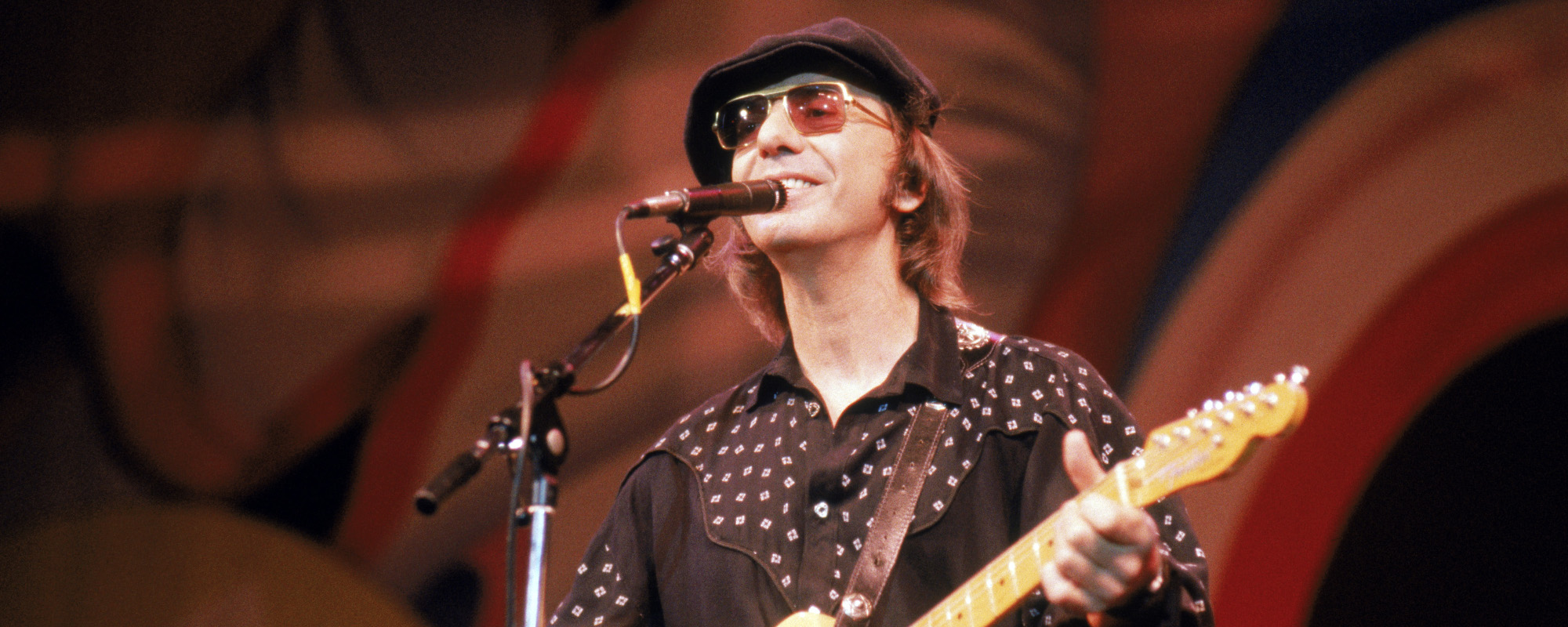
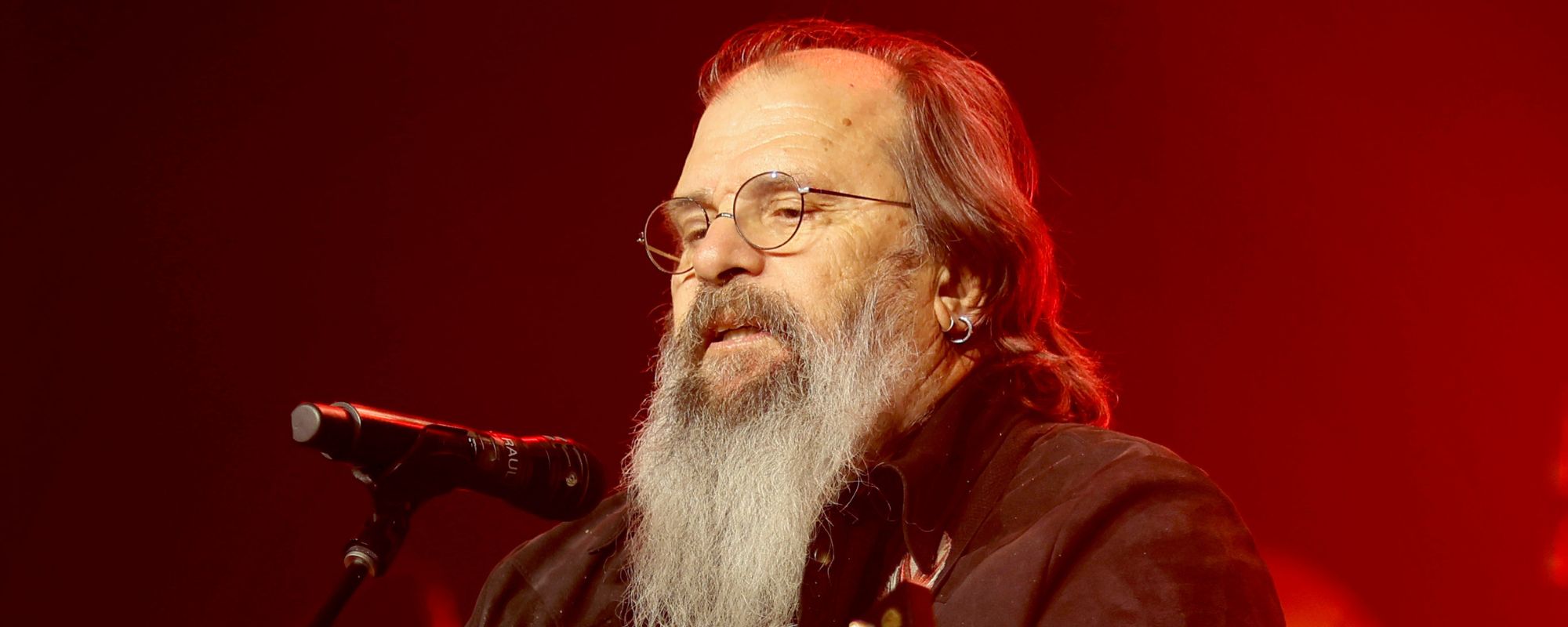
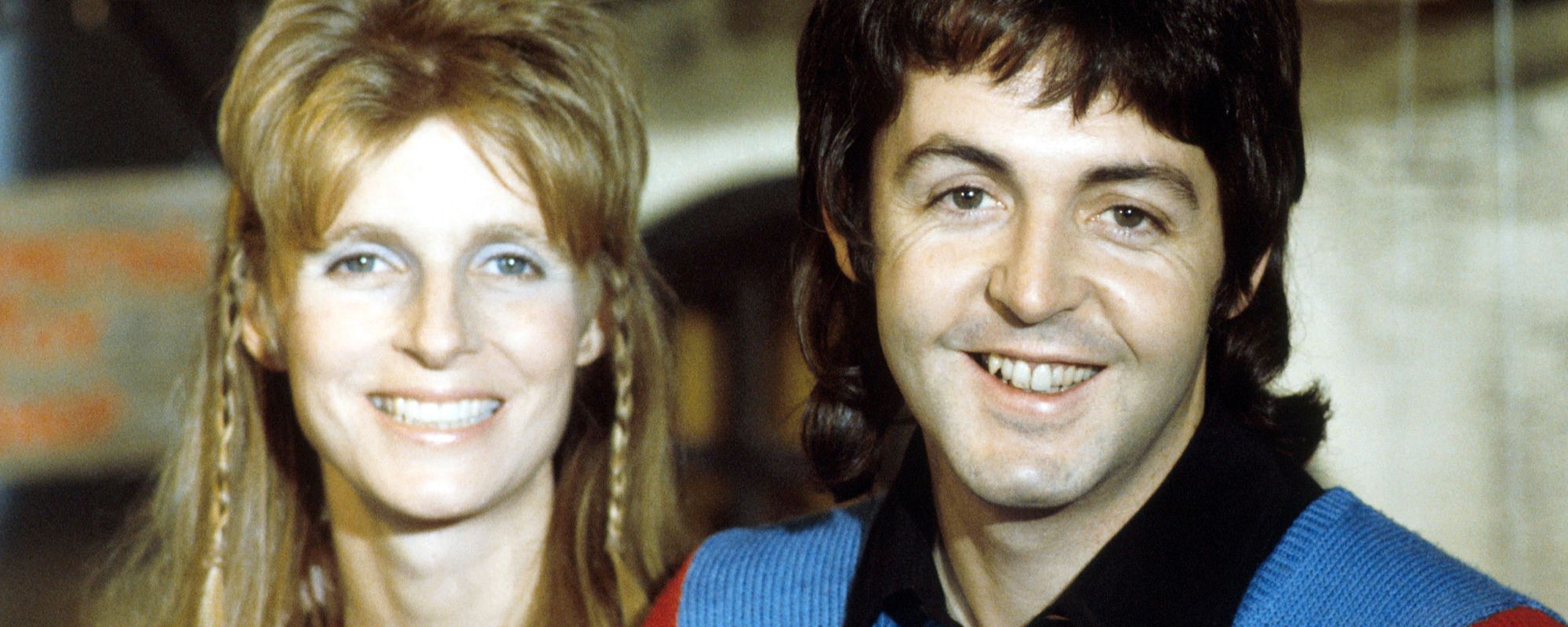

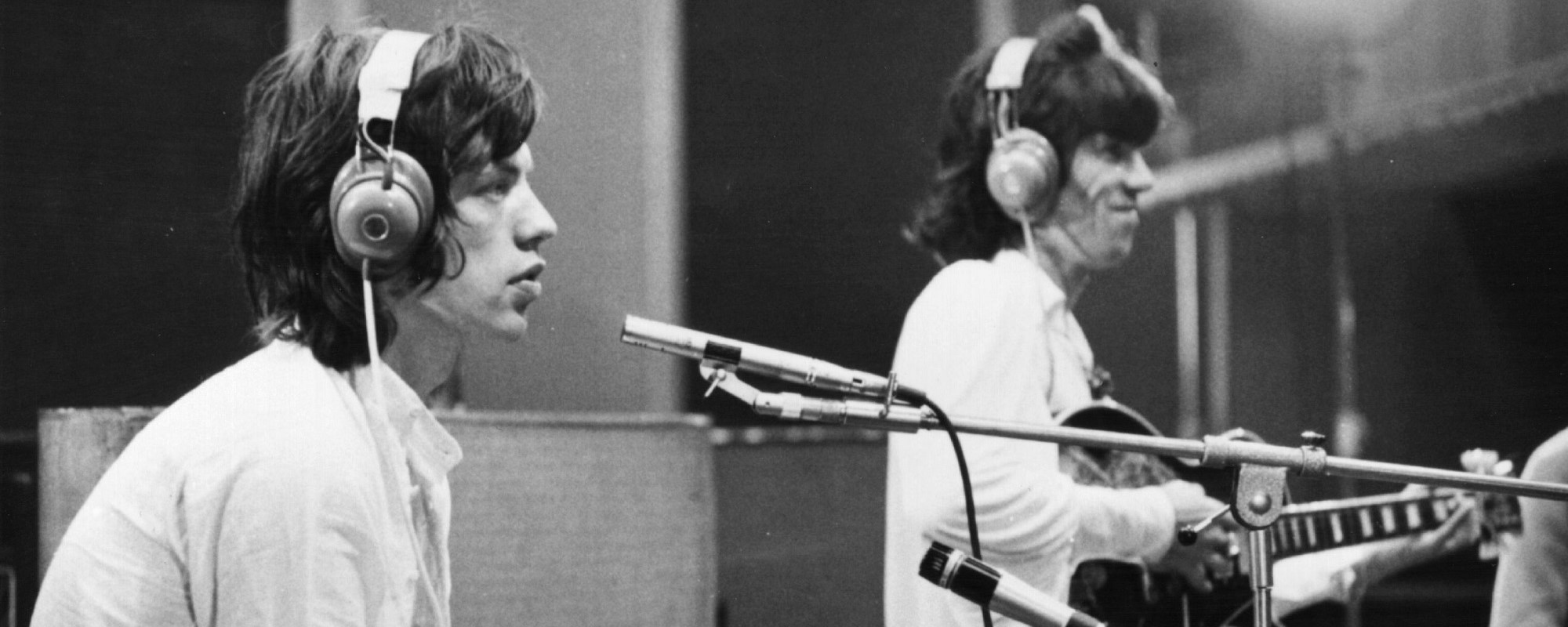
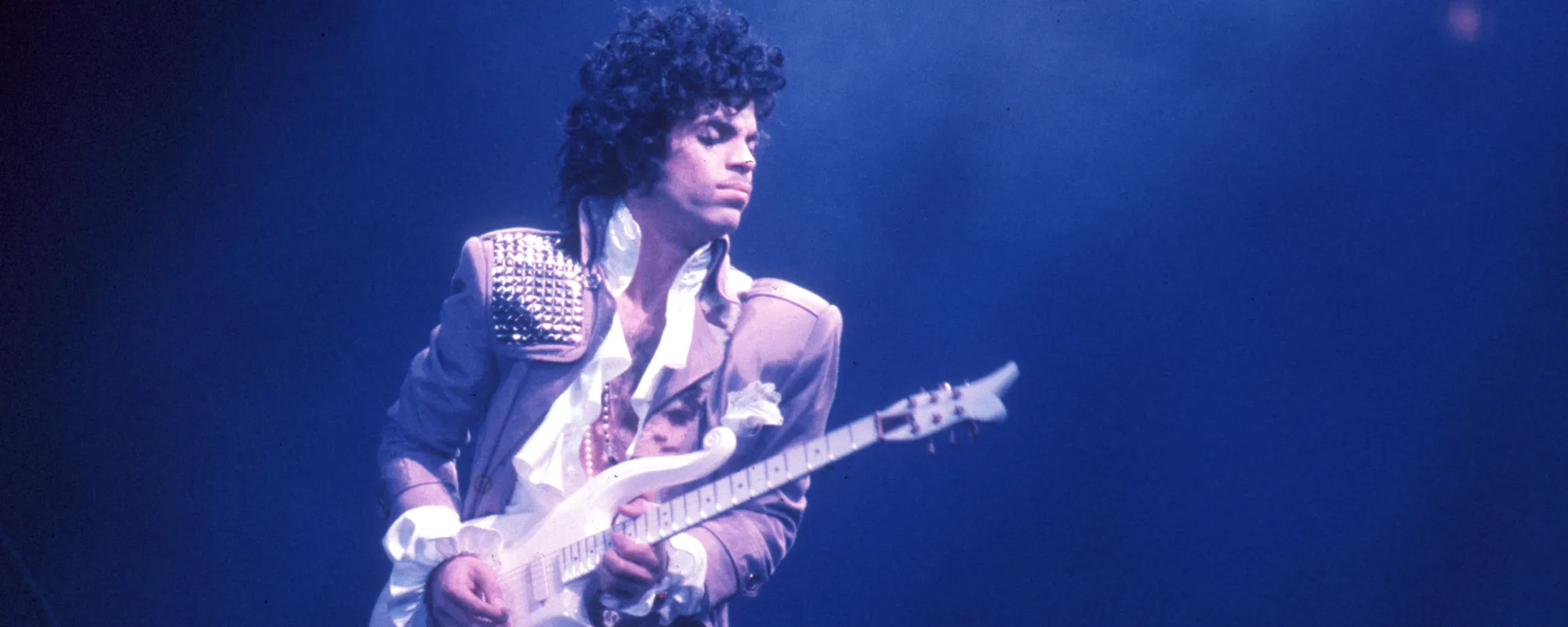
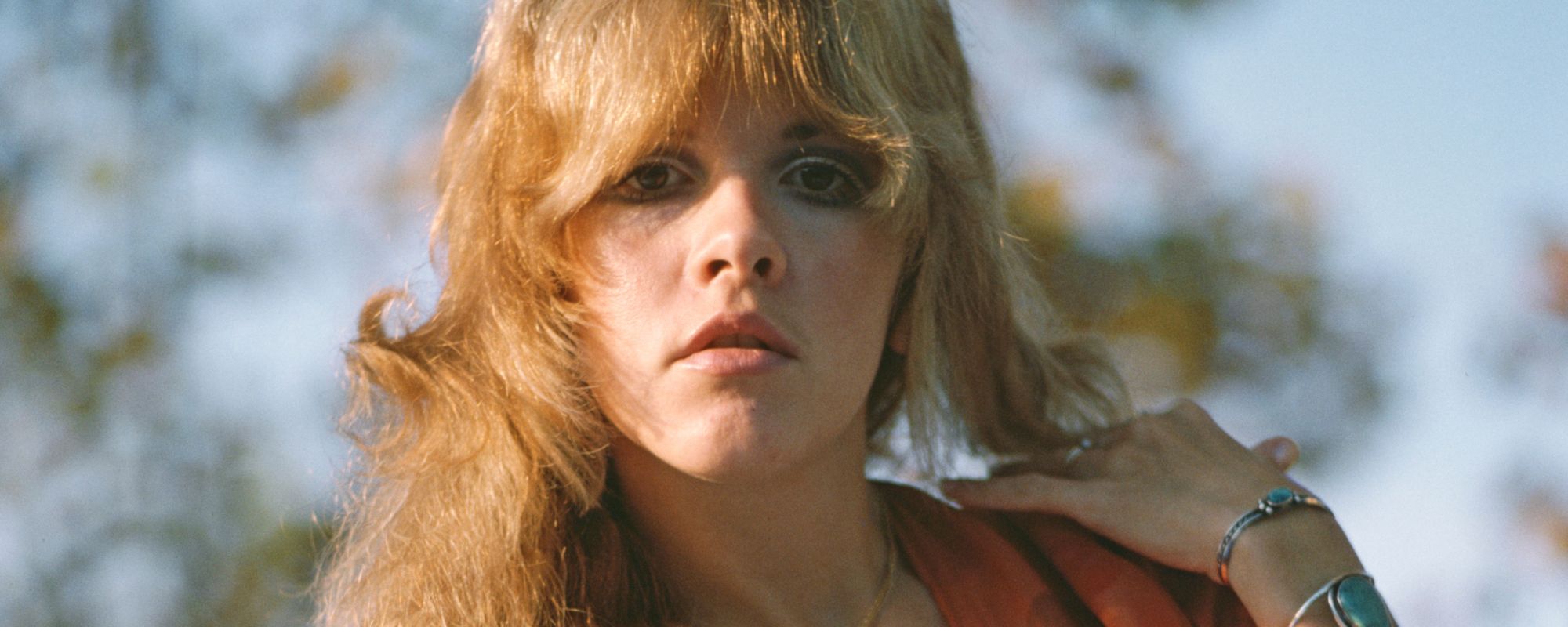
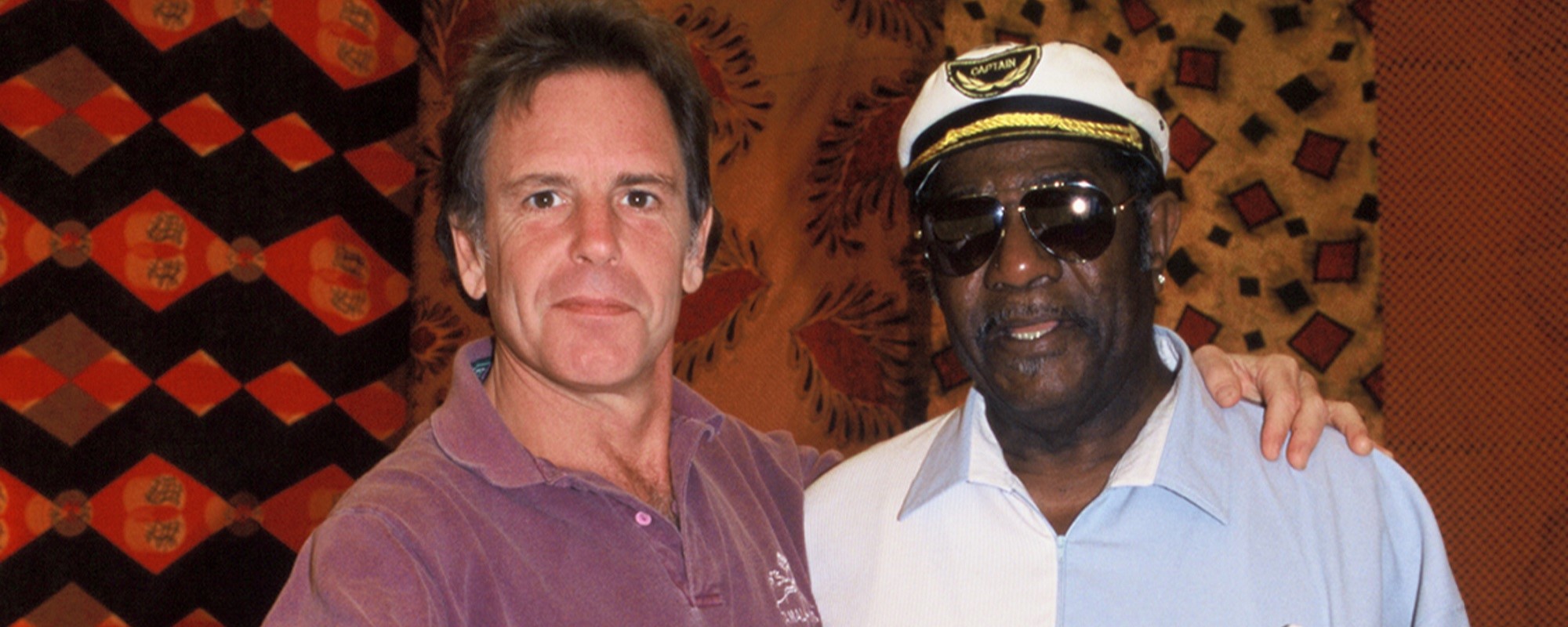
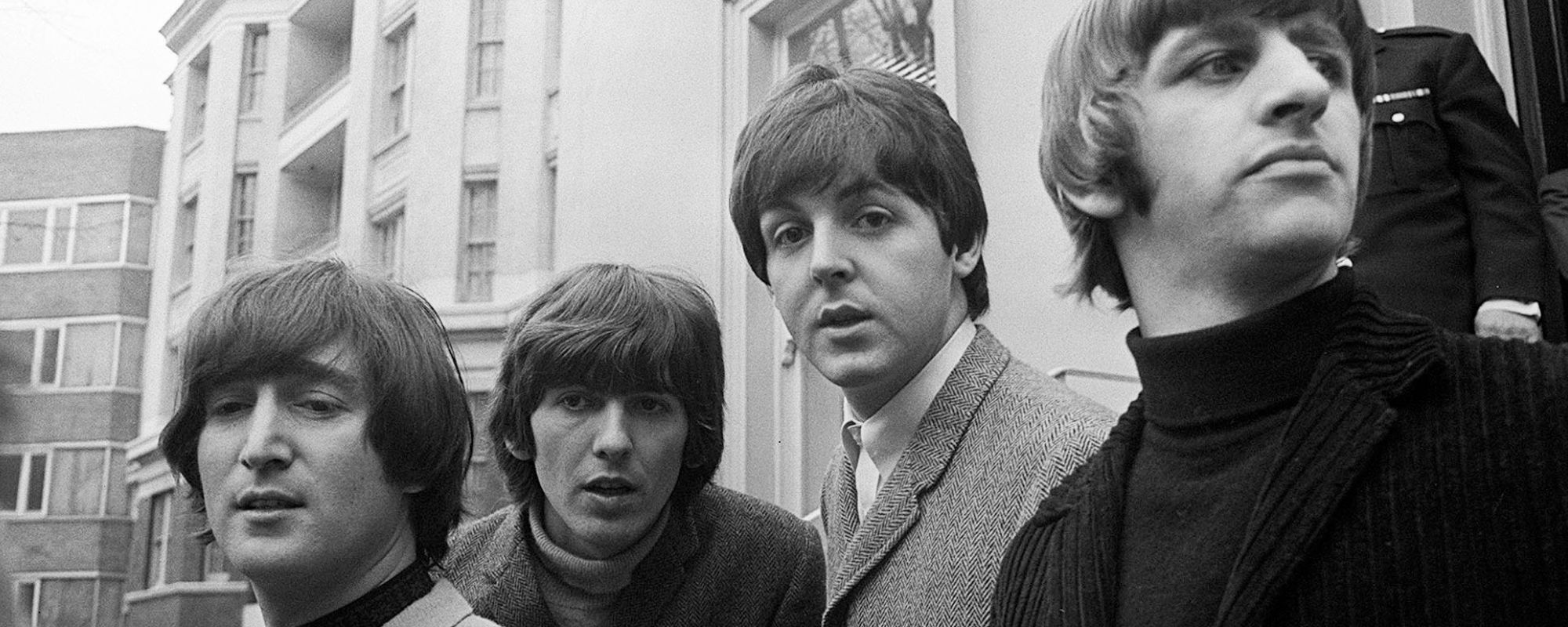
Leave a Reply
Only members can comment. Become a member. Already a member? Log in.